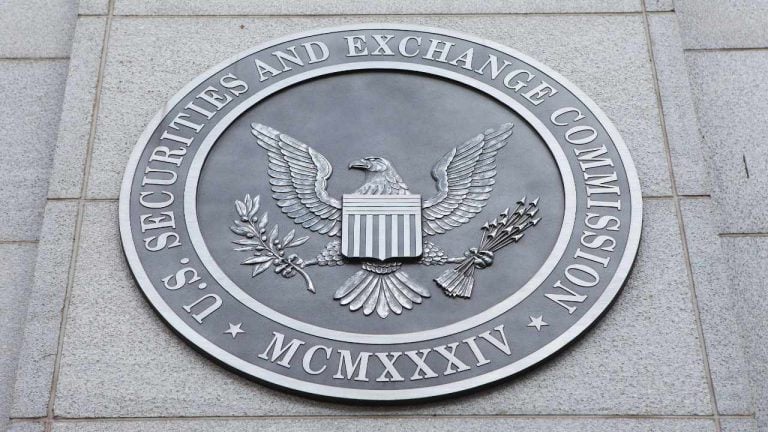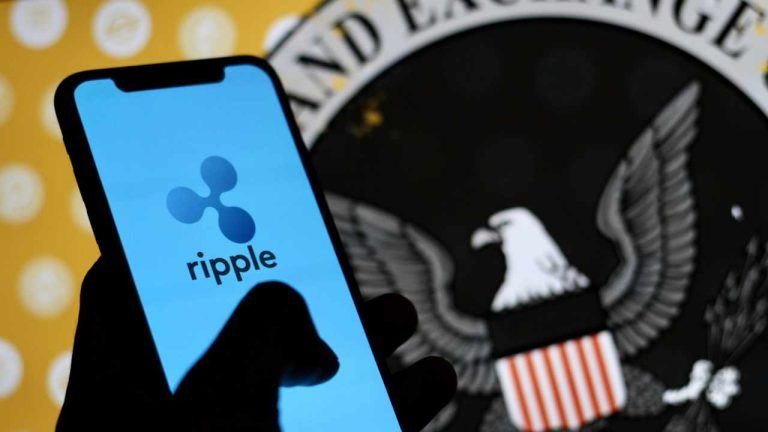
Terraform Labs’ near $4.5 billion settlement with the SEC has contributed to a record year for the agency’s financial penalties.
The United States Securities and Exchange Commission hit a new record for penalties and fines from its enforcement actions in the fiscal year 2024 — due mainly to a massive settlement with crypto firm Terraform Labs.
The agency net $8.2 billion in financial remedies for the year ending Sept. 30 — “the highest amount in SEC history,” it said in its Nov. 22 annual report — despite the number of cases declining 26% from last year to 583.
Over half of the total came from the SEC’s court win against Terraform and former CEO Do Kwon, who paid a $4.47 billion settlement after being found liable for fraud over its blockchain ecosystem’s collapse in 2022 that wiped billions of dollars.









